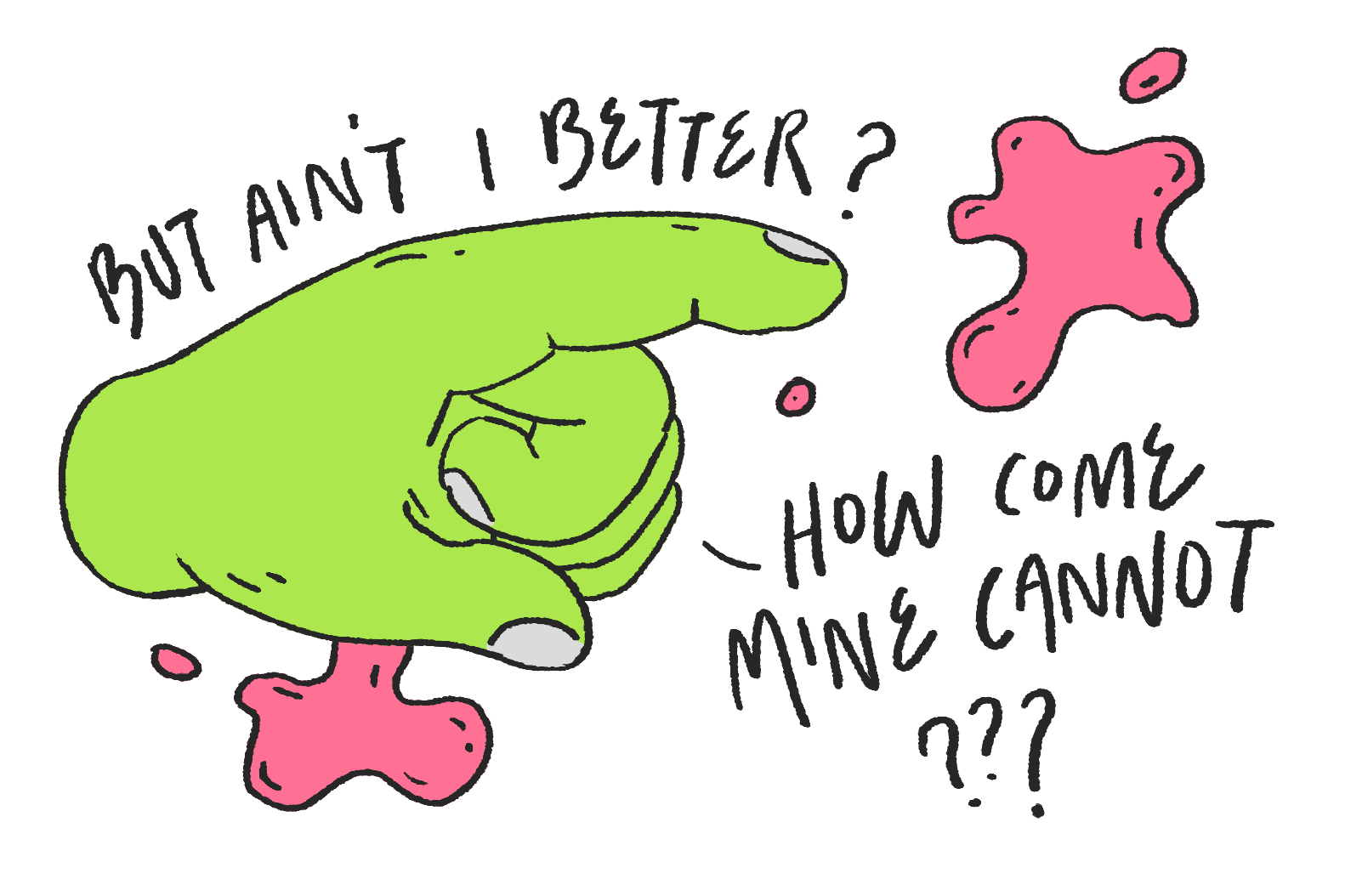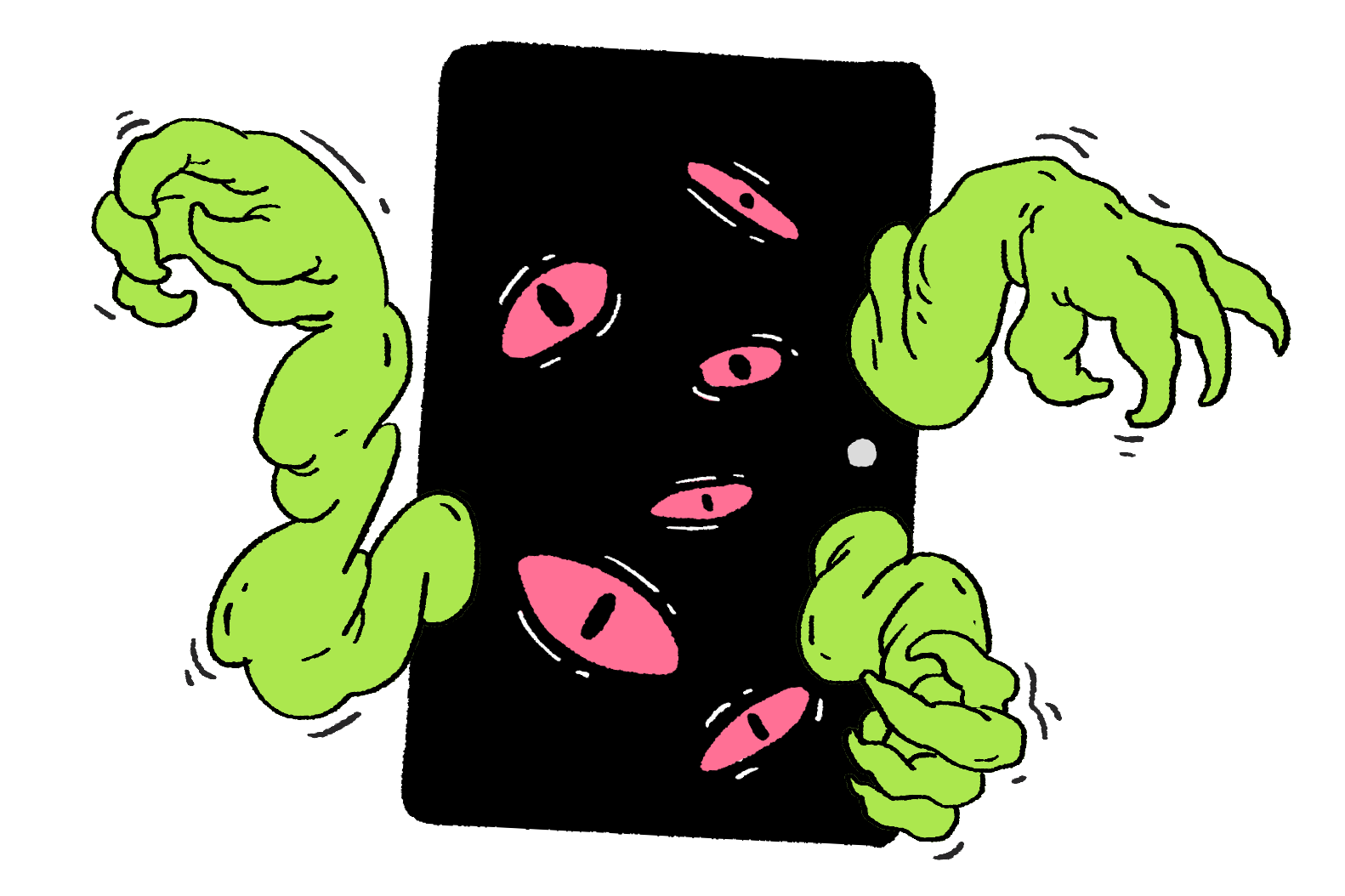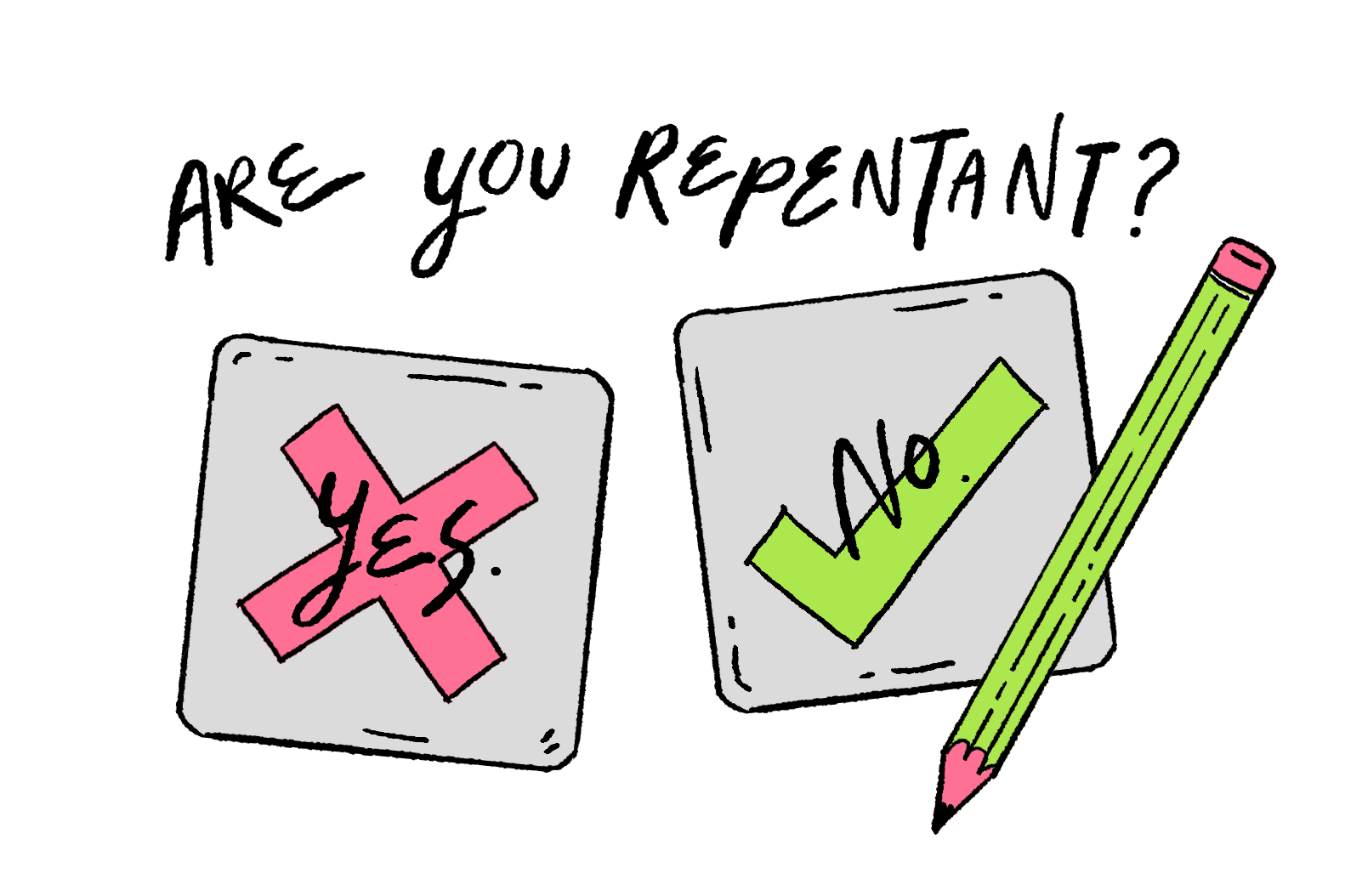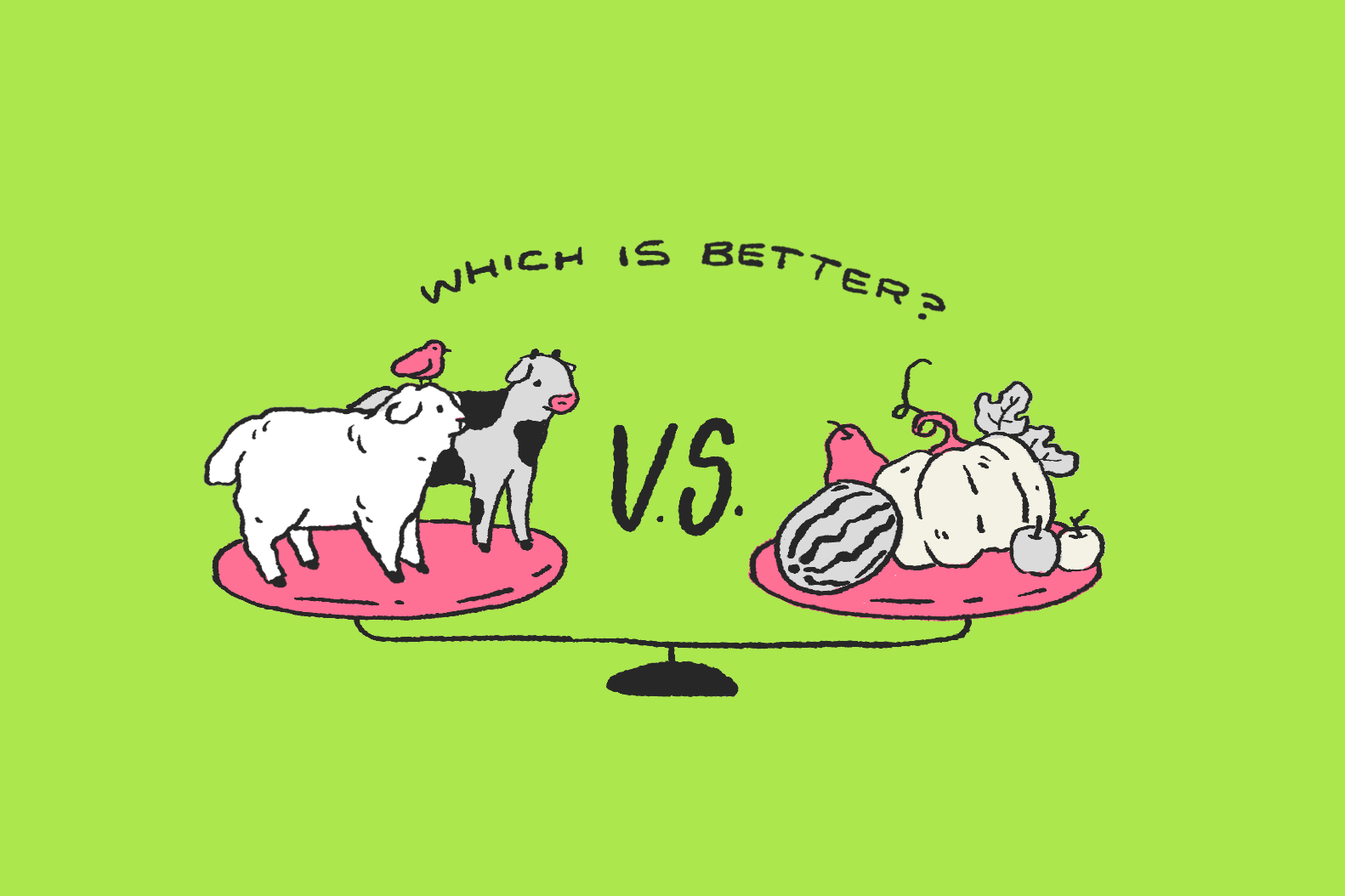Following on from the Fall, the story of Cain and Abel follows the growing trail of sin and shows us humanity’s capacity for hatred and evil.
It can be easy to overlook the many rich takeaways from the narrative of Genesis 4, such as the dangers of pride and just how much damage it can do to our souls and to those around us.
I believe the story of Cain and Abel also highlights why Jesus’ redemptive mission to heal our spiritual sickness and preach repentance is so urgent (Luke 5:31-32). And with that, here are my main takeaways from the narrative of Genesis 4.
Sin is crouching on your door
“If you do what is right, will you not be accepted? But if you do not do what is right, sin is crouching at your door; it desires to have you, but you must rule over it.”” (Genesis 4:7)
When Genesis 4 opens, we see both Cain and Abel offering sacrifices to God. These are offerings of thanksgiving, rather than a sin offering, as there is no blood in the sacrifice.
Such an example (just Abel’s example) is instructive for Christians today; giving offerings to God is important as a sign of gratitude. This can come in the form of tithes, service in church and ministry – even our entire bodies and lives (Romans 12:1).

Back to the story: while God looks upon Abel’s sacrifice with favour, Cain does not find the same favour with his sacrifice.
It has often been suggested that God made this judgment based on the fact that Abel offered meat, while Cain merely offered vegetables. However, this view is too simplistic and misses the deeper point.
It’s worth remembering that the entire Old Testament happens in a culture where primogeniture is a societal core.
This meant that preference was given to the firstborn of the family in many key aspects. Later in Genesis, we will see how this practice causes trouble for Isaac and Rebekah’s twin sons, Jacob and Esau.
Therefore, it seems that Cain’s pride was hurt; his younger brother received the approval from God that he never did, even though he thought he was innately more worthy of it. Cain’s was the kind of pride that leads to destruction (Proverbs 16:18).

It is in this context that God warns Cain: sin is crouching at his door.
Sin is not merely about doing the wrong thing, or going against God’s law. Sin is a powerful force that oppresses us while moving us away from God’s perfect will.
This is why God also warns Cain that “it desires to have you, but you must rule over it”. What we learn from this is that people have the agency and responsibility to resist temptation and the influence of the evil one (James 4:7).
Alas, Cain does not heed this warning. He gives in to his jealousy, hate and anger. He takes his brother out into the field and brutally strikes him dead.
Am I my brother’s keeper?
“Then the Lord said to Cain, “Where is your brother Abel?” “I don’t know,” he replied. “Am I my brother’s keeper?”” (Genesis 4:9)
After Cain murders his own brother in cold blood, God asks Cain, “Where is your brother Abel?” It is a line eerily reminiscent of how God asked Adam where he was, after he disobeyed God in the Garden of Eden. Cain responds, “I don’t know. Am I my brother’s keeper?”
This response indicates cold callousness toward his brother, as well as a grave disregard for the value of human life. It’s almost as if he’s suggesting, “Oh, who cares even if I’ve killed him – what’s the big deal of his life anyway?”
In my view, one of the most stark and devastating manifestations of human sinfulness is how we disregard the worth and dignity of fellow humans who are made in God’s image.
The fact that we are made in His image is the key reason we have human dignity and worth. And since God is love, as 1 John 4:16 tells us, this should enable us to love one another just as He has loved us (John 13:34).
However, because of how sin has affected the human race, humans have so often done the opposite – hating one another and even taking each other’s lives. As James 4:2 highlights, our selfish desires lead to quarrels and even murder.
“With the tongue we praise our Lord and Father, and with it we curse human beings, who have been made in God’s likeness.” (James 3:9)
Christian author Kaitlyn Schiess wrote that in the Old Testament, nations outside of Israel were never actually judged for worshipping idols other than Yahweh. What they would be judged for was mistreating fellow humans made in God’s image – whether through neglect, enslavement or slaughter. This is how much God detests it when we disregard human dignity in our fellow image-bearers.
And so, God rebukes Cain by telling him that his brother’s blood is crying out from the ground.
As followers of Jesus, we must set a counter-cultural example of consistently walking in love (Ephesians 5:2) and showing kindness and compassion to other people made in God’s image (Colossians 3:12).
We do this as we serve a God who is compassionate to all who have been made by Him (Psalm 145:9).
Fleeing east of Eden
“So Cain went out from the Lord’s presence and lived in the land of Nod, east of Eden.” (Genesis 4:16)
Amidst World War II, US President Franklin D. Roosevelt stated that “the world is too small to provide adequate living room for both Hitler and God”. FDR’s point was that someone like Hitler, filled with hate and murderous pride, could not peacefully coexist with the presence of a good, loving and righteous God.
This illuminates why Cain, after murdering his brother and remaining shockingly unrepentant afterward, is cast even further away from God’s intimate presence.

1 John 3:15 tells us that no murderer has eternal life dwelling in them – and we see how that plays out in Cain’s banishment. A person filled with the sort of pride and hatred that leads to murder is not compatible with God’s Kingdom, which is built on righteousness, peace and joy in the Holy Spirit (Romans 14:17).
As Bible teacher Carmen Joy Imes notes, Cain undoubtedly has a much harsher life after being forced to flee east of Eden, to the land known as Nod. While the original plan was for humans to flourish amidst God’s presence and provision in the Garden of Eden, Cain has deviated far from that purpose and is thus facing a bleak destiny.
We then see how the line of Cain descends further and further into more brazen depravity and wickedness. The worst example is Cain’s descendant Lamech, who not only unrepentantly kills other people (alongside beginning the ungodly practice of polygamy) but even boasts in doing so!
Things get from bad to worse, as mankind sets itself upon a cycle of violence and degeneracy that culminates in God sending a great flood to wipe from the face of the earth every living creature He made (Genesis 7:4).
Amidst this depressing picture of human depravity, however, this chapter ends with a ray of hope.
First, Adam and Eve have another son, Seth, who has a line of descendants that remain faithful to God, as seen in Genesis 5. Secondly, we are told that people began to call on the name of the Lord at that time.
With that in mind, let us hope to be a generation that seeks after God and leaves behind a legacy of faithfulness.
Choose righteousness
In closing, I want to highlight two New Testament passages – one that focuses on Cain, and the other on Abel.
1 John 3:12 tells us: “Do not be like Cain, who belonged to the evil one and murdered his brother. And why did he murder him? Because his own actions were evil and his brother’s were righteous.” Instead, as the previous verse indicates, we should love one another.
Hebrews 12:24 tells us that the blood of Jesus speaks “a better word” than the blood of Abel. Abel’s blood is a symbol of what the cost can be when we humbly obey God in a sinful world. However, Jesus’ blood shed on the cross points towards something infinitely greater – the Lamb of God that takes away the sins of the world.
With these lessons from the story of Cain and Abel in mind, here are some exhortations for God’s people today.
First, may we vigilantly guard against the sense of pride that overcame Cain. Scripture teaches that the lofty pride of men will always eventually be humbled, and that the Lord alone will be exalted (Isaiah 2:11). Thus, we should humble ourselves before Him; only then will He exalt us (James 4:10)
Secondly, may we learn from the spirit of obedience that Abel displayed; his faith still speaks to us today (Hebrews 11:4). We should also remember the cost that sometimes accompanies faithfulness to God – and trust that the the goodness of God makes it all worthwhile.
Above all, let us neither forget, nor take for granted, how it is Jesus’ sacrificial death on the cross and His resurrection, that delivers us from the cycle of bitterness, hatred and violence.
Praise God that through Christ, we can be delivered from darkness into His light, and receive forgiveness for all our sins (Colossians 1:13-14)!










